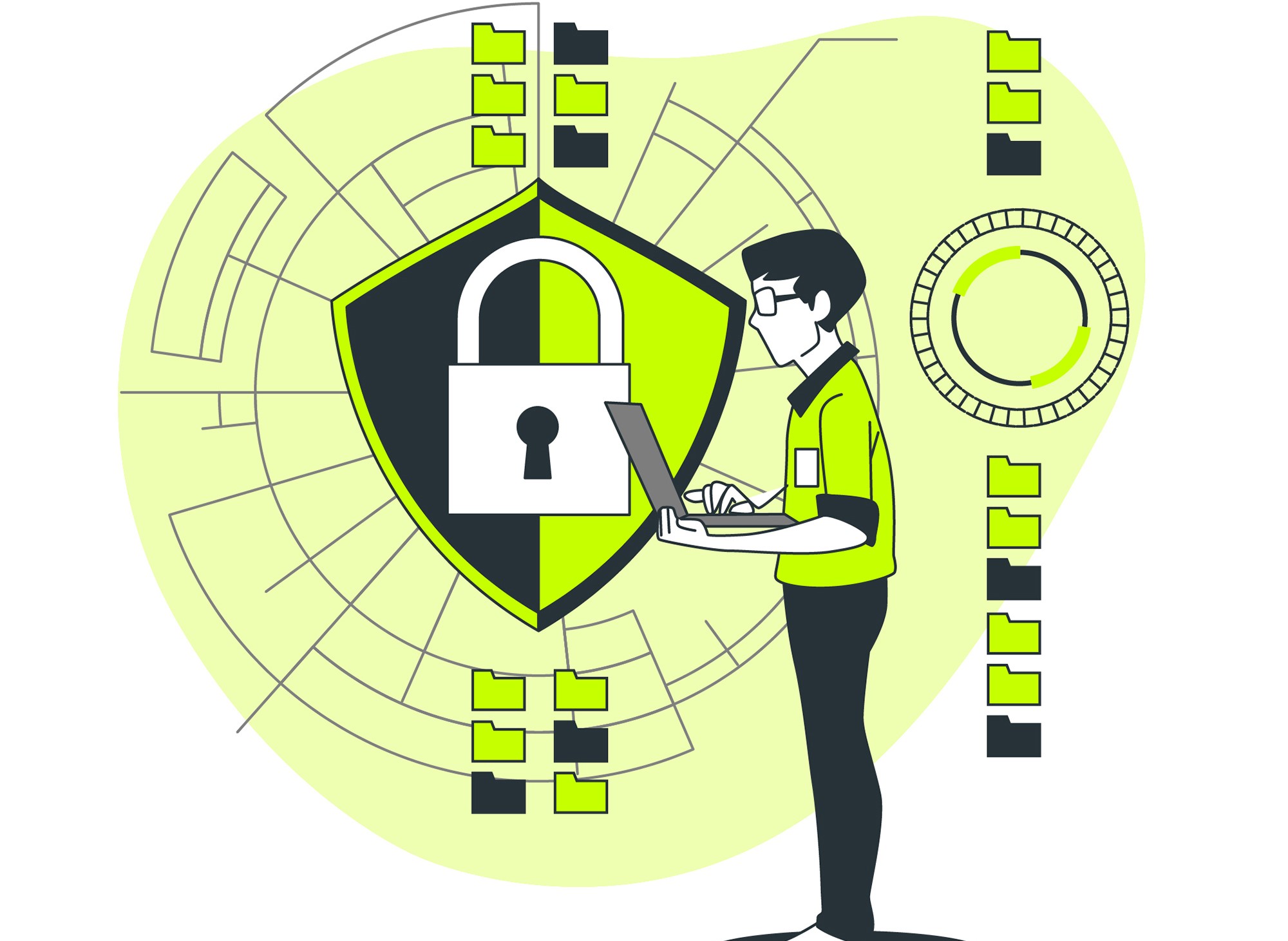Is cybersecurity or coding harder?

Cybersecurity and coding are two closely related yet distinct domains within the vast field of information technology. Each presents its own set of challenges and demands a unique skill set. The question of whether cybersecurity is harder than coding is subjective and depends on various factors, including an individual's background, experience, and preferences. In this discussion, we'll explore key aspects of both cybersecurity and coding to provide a nuanced understanding of their complexities, which can be particularly valuable for a web development company seeking well-rounded expertise in information technology.
Foundations of Coding:
Coding, or programming, involves the creation of software applications by writing instructions that a computer can execute. It is the process of translating human logic into a language that machines can understand. Coding requires a solid understanding of programming languages, algorithms, data structures, and problem-solving.
The learning curve for coding can be steep for beginners. Mastering syntax, logical structures, and debugging can be challenging. However, coding is often perceived as a skill that can be learned and improved through practice. There is a wealth of resources available, including online tutorials, coding bootcamps, and community support. When starting out, many beginners find that choosing the easiest code to learn first, such as Python, can be a helpful entry point into the world of programming.
One can argue that the difficulty of coding depends on the complexity of the project. Simple scripts may be relatively straightforward, while developing large-scale, intricate software systems requires a deeper understanding of software architecture and design patterns.
Challenges in Cybersecurity:
Cybersecurity, on the other hand, focuses on protecting computer systems, networks, and data from unauthorized access, attacks, and damage. It encompasses a wide range of disciplines, including network security, application security, cryptography, and ethical hacking. Cybersecurity professionals need to understand the tactics and techniques used by cybercriminals to devise effective defense strategies.
One of the fundamental challenges in cybersecurity is the constantly evolving nature of cyber threats. New vulnerabilities are discovered regularly, and attackers adapt their methods to exploit these weaknesses. This dynamic environment requires cybersecurity professionals to stay updated on the latest threats and security measures.
Additionally, cybersecurity involves a holistic approach, considering not only technical aspects but also human factors and organizational policies. Social engineering, for example, relies on manipulating individuals to compromise security, highlighting the importance of user awareness and education.
Skill Set and Continuous Learning:
Coding and cybersecurity share a common foundation in problem-solving and logical thinking. However, the skill sets required for each field differ. Coders need to be proficient in programming languages and understand software development methodologies. Cybersecurity professionals, on the other hand, must possess knowledge of networking protocols, encryption, intrusion detection, and incident response.
Moreover, the cybersecurity landscape demands continuous learning. Professionals need to adapt to new technologies, emerging threats, and evolving best practices. The field is characterized by certifications that validate expertise, such as Certified Information Systems Security Professional (CISSP) or Certified Ethical Hacker (CEH), indicating the ongoing commitment to learning and skill enhancement.
Importance of Collaboration:
Both coding and cybersecurity benefit from collaboration and interdisciplinary skills. While coders may work in teams to develop software, cybersecurity often requires collaboration across various departments within an organization. Effective communication and the ability to translate technical jargon into understandable terms are crucial in both domains.
So determining whether cybersecurity is harder than coding is subjective and depends on individual preferences and strengths. Coding is about creating, while cybersecurity is about safeguarding. Both fields demand continuous learning, adaptability, and problem-solving skills. Success in either domain often involves a combination of technical expertise, creativity, and the ability to work collaboratively. Ultimately, individuals may find one field more challenging or rewarding based on their interests and aptitudes, but recognizing the interconnectedness of coding and cybersecurity is essential in today's technology-driven landscape.
